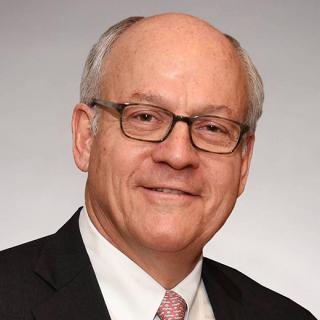Five Areas to Watch in Senior Care in 2019 and Beyond
With the federal government back to work after the longest shutdown in United States history, health care is expected to move back to the national agenda. The combination of the Affordable Care Act (ACA), the push for value-based care, and the silver tsunami of aging baby boomers has set in motion incredible economic and social challenges, as well as opportunities in senior care that will be part of the national dialog. Seniors want and need innovations in the health care system to help them remain healthier, and as they age, stay more independent. Furthermore, when care is needed, seniors want it provided in a more coordinated and cost-effective manner. With 2019 off to a fast start, I’d like to highlight five areas that will impact delivery of senior care and will lead to more senior-centered health services and supports in 2019 and beyond.
- Payment reform and value-based care: Payment reform will continue to bring hospitals, post-acute care (PAC) organizations, and social services providers closer together to better control the type, scope, location, and cost of care that a patient receives. The momentum around payment reform is likely to continue while the ACA undergoes an appeal process; however, its transformative pace may slow while providers monitor the proceedings, despite the focus on cost-effective quality outcomes and the early benefits manifesting in improved transitions of care and reduced fragmentation.
- New integrated care models: The physician’s office, ambulatory care, acute care and post-acute care organizations, as well as community social services, will increasingly join forces to focus on a “one care” experience for the patient. We expect to see improved quality of life for seniors and reduced hospital admissions as innovative integrated care models emerge, especially between acute and post-acute care organizations.
- Non-traditional teammates: In 2019 we will see an increase in high quality and cost effective home- and community-based services that cater to seniors’ needs via preventative care and assistance with daily tasks. Collaborations will increasingly include non-traditional partners, such as private duty services, transportation providers, maintenance workers, post-acute care services, and others.
- Explosive rise in Alzheimer’s disease and depression: Diagnoses of Alzheimer’s disease will continue to increase dramatically in 2019. Alzheimer’s is the only cause of death (of the top 10 in the U.S.) with no identified way to be prevented, cured, or significantly slowed. Many seniors struggle with dementia, depression, or both. Close to 98 percent of our patients at Hebrew Rehabilitation Center suffer from some form of dementia, and close to a third of the residents in many of our senior living communities are also coping with varying degrees of dementia either as patients or caregivers. In 2019, HSL will increase focus on the proper diagnosis, management, and education around dementia and depression, providing increased support for patients, family members, and caregivers.
- Increased need for affordable supportive housing solutions: The health care and housing markets are unprepared to meet seniors’ needs for affordability, accessibility, and supportive services. The burden of high housing costs forces millions of low-income seniors to sacrifice spending on basic necessities, damaging their health and well-being. The shortage of support services makes many housing options ineffective even if they are accessible. Additionally, disconnects between housing programs and the health care system put many aging seniors at risk of poor quality of life and premature institutionalization. In 2019, we will see new research and demonstration projects promoting the health outcomes and cost savings of affordable housing with supportive services models pioneered by HSL, the LeadingAge network, and others.
The coming year will continue to define health care in America, particularly for seniors who face dementia and other illnesses as they age. It is a social and economic imperative for health care organizations to think differently about how they address the needs of seniors today and take steps to prepare for their future.




